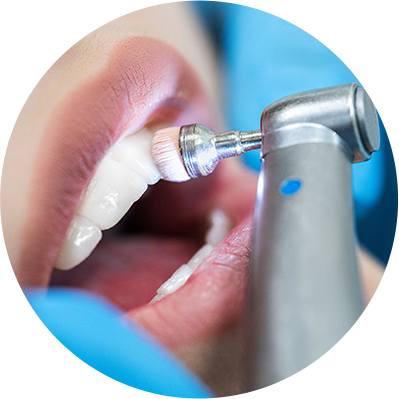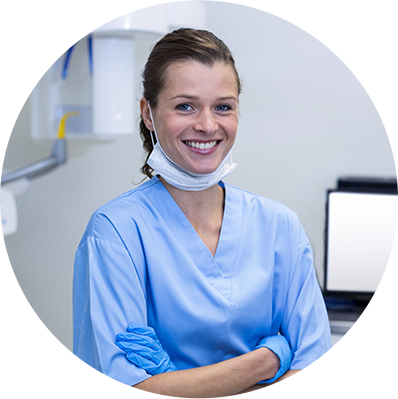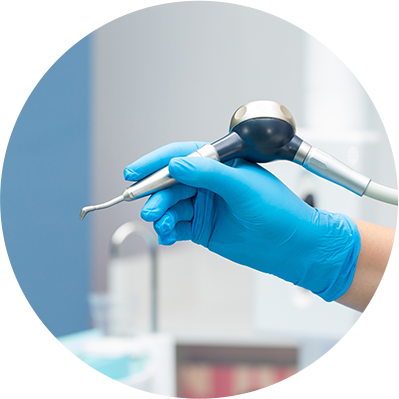Dental Hygiene
Dental hygiene
The cornerstone of good health is hygiene. All our clinicians adhere to a strict oral hygiene policy. It is not only important for teeth, but studies now show that it is essential for your general health. Gum disease has a direct effect on heart health, sugar metabolism and overall mood and wellbeing. By treating gum health first, we set the stage for successful dental treatment. We offer 3 types of hygiene (gum) treatment: Standard maintenance hygiene treatment, corrective hygiene treatment for gum disease, and severe stain removal treatment.
Send An
Enquiry Today.

Dental Hygiene
What is the process?
All new patients, will require an initial comprehensive dental exam. During this initial exam, our dentist will be established if you need general hygiene treatment or corrective hygiene treatment. You may also require a hygiene treatment prior to any cosmetic treatments or surgery e.g. implants, whitening, crowns etc. The reason for this being that healthy gums ensure a good success rate for cosmetic treatment.
Maintenance hygiene treatment
20 mins.
This appointment is for teeth that are healthy, not sensitive, and well maintained by the patient. This is best performed by a hygienist or dentist as part of your regular dental health maintenance routine. It does not require any special skills other than scaling teeth with an ultrasonic device and removing mild stains - with standard prophy (cleaning) paste. Your oral hygiene routine will also be reinforced and any problem areas will be highlighted. This does not usually include any local anaesthetic, but can be added should a patient need it.

Dental Hygiene
Corrective hygiene treatment
30 – 60 mins.
Corrective treatment is usually for patients with a diagnosis of gum disease/periodontal disease. The treatment time varies depending on the severity of the gum disease. These appointments must be preferably performed by a dentist and not a hygienist. This is because corrective treatment may need skills that only a dentist is allowed to perform. The dentist will perform the initial scale and polish and further assess what is contributing to the current state of hygiene level.
This will usually take longer and will be more in depth. It may or may not require local anaesthetic. It is essential that this is done after a set of radiographic images are taken. You will also receive advise on how to maintain your gum health. You will receive a diagnosis of your gum health and based on this diagnosis it will be decided what future treatments will be best. This may range from another corrective hygiene appointment/s and or just general hygiene appointments.
In some cases, the dentist needs to perform a surgical corrective hygiene treatment. This is when it is not possible to clean the teeth without raising the gum.
Types of corrective hygiene treatment that we offer:
• Periodontal Maintenance: this type of treatment is usually recommended every 3 months to manage gum diseases, and prevent gingivitis or other dental diseases from returning. It is a more specialised cleaning treatment to a general maintenance hygiene treatment.
• Scaling & Root Planing: recommended for plaque buildup at the gum line. This is a non-surgical procedure but more intensive than a maintenance brushing & polishing. It involves scraping plaque and tartar with a small dental tool followed by root planing to smooth the tooth root and help the gum to attach firmly to the tooth.
• Full Mouth Debridement: patients who have avoided the dentist for too long or do not practice healthy oral habits may require this treatment. This procedure is for removal of severe plaque build-up by using state of the art ultrasonic tools. It may require local anaesthetic to numb sensitive areas.

Dental Hygiene
Severe stain removal hygiene treatment
30 mins.
This is for patients that have healthy gums and teeth but have persistent/severe stains that cannot be removed with the standard prophy (cleaning) paste. We offer a treatment called Airflow. Airflow is a powerful hygiene treatment that dramatically cleans and polishes your teeth using a combination of air, jet water and sodium bicarbonate. Local anaesthetic is usually not needed, but can be added should a patient need it.
We offer a Discount Practice Plan – please click here for further information


